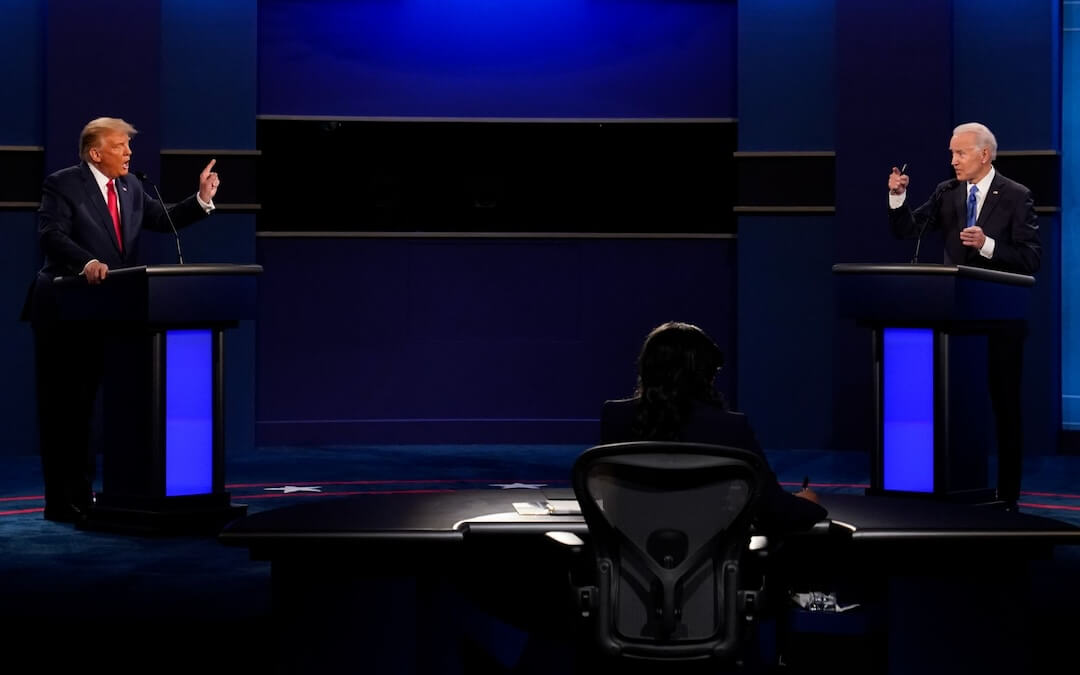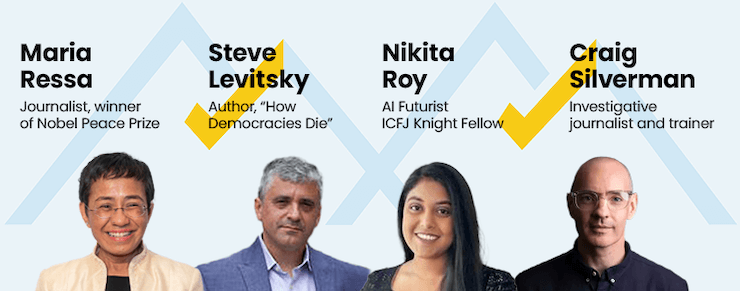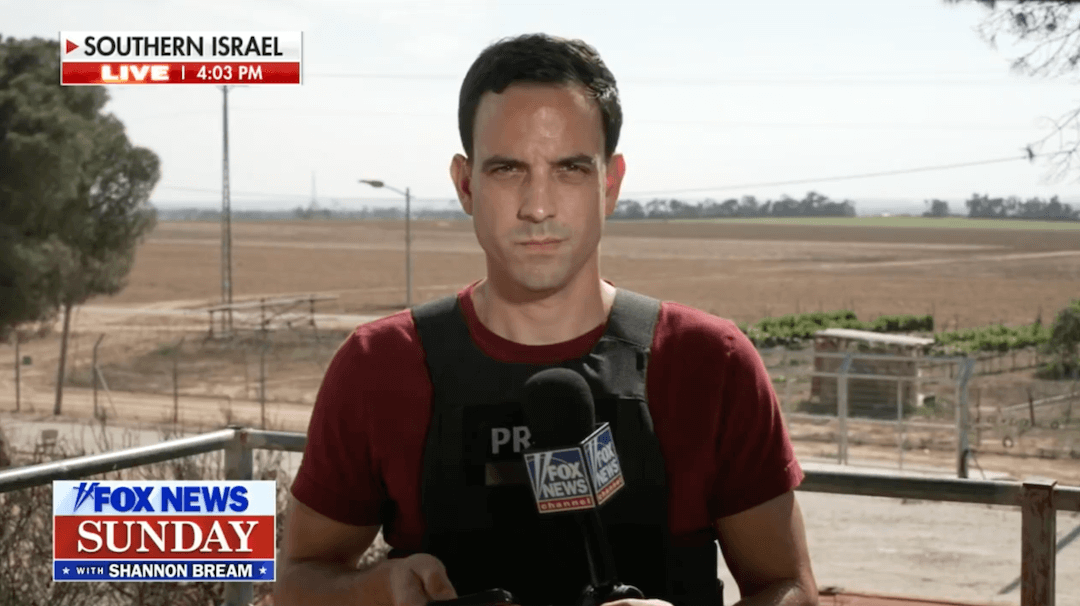Do you consider yourself an ethical leader?
Do your staffers ask your opinion whenever they have ethical questions or doubts?
Are you always ready to issue a definitive decision?
If you overhear an ethics debate in the newsroom, do you stop what you’re doing, stroll over and make the judgment call?
If the answer to all those questions is YES, I have two words of advice for you:
Aim higher.
That’s right. Aim significantly higher.
You see, what I’ve just described is a benevolent ethical dictator. When it comes to the most important decisions in a newsroom, those that speak to the core of the newsroom’s values, all the power is vested in you. You may well have earned it as a superior journalist, a deeply caring manager, even a student of ethical decision-making. But so long as you remain the sole keeper of the ethical flame in your village, you are missing a critical opportunity to grow a culture of ethical decision-making and to grow as a leader.
How do you build such a culture? You start by letting go of the “expert in ethics” role you’ve been playing. Instead, start to view yourself as the person who teaches the process of ethical decision-making to your team. Encourage your staff to do what I call “The Ethics Walk.”
The Ethics Walk takes place whenever there’s a question of ethics, values, taste or tone. It is shorthand for “let’s get as many good voices together as we can for a quick, thoughtful discussion.” In doing the Walk, your group draws on my Poynter colleague and ethics guru Bob Steele’s advice to:
- Get past your gut reactions (listening to your gut but not completely trusting it)
- Consider your organization’s policies and guidelines
- Move up to the realm of reflection and reasoning, in which you assess your journalistic purpose, gather more information, ask good questions, consider stakeholders, examine alternatives, explore tone and degree, assume accountability, and listen to diverse voices.
You, as the leader, may play a part in any Ethics Walk, but it is a far different role than you’ve played in the past. During the Walk, you may listen more than talk, and when talking, ask questions rather than make statements. You draw out the quiet voices around the table, you keep the group focused, you build consensus.
You prepare for the Ethics Walk by:
- Holding ethics workshops for your staff
- Developing guidelines for sensitive coverage situations (hostage-taking, juvenile crime, hidden cameras, etc.),
- Sharing contemporary or classic case studies
- Discussing “what-if” scenarios now–not in the heat of news coverage
- imbedding ethics and values into every point of entry into your newsroom life: hiring interviews, story meetings, daily critiques, “attaboy” memos, personnel evaluations.
The day you believe your staff is proficient at the Ethics Walk is the day to congratulate yourself. You’ll know that day has arrived when find yourself sitting in your office, hearing an ethics conversation just outside your door. You stay put. You don’t immediately leap up to join the fray. You just listen as they talk…and when they chart a course of action, you congratulate them on their process. You are proud of the outcome..
And you should be proud. In building that culture, you have achieved the highest level of leadership in ethical-decision making. Chances are, your staff will continue to ask for your voice in the big decisions. Not because you’ve ordered them to ask. Not because they’re afraid to make a move without you.
They just happen to like the way you walk.






